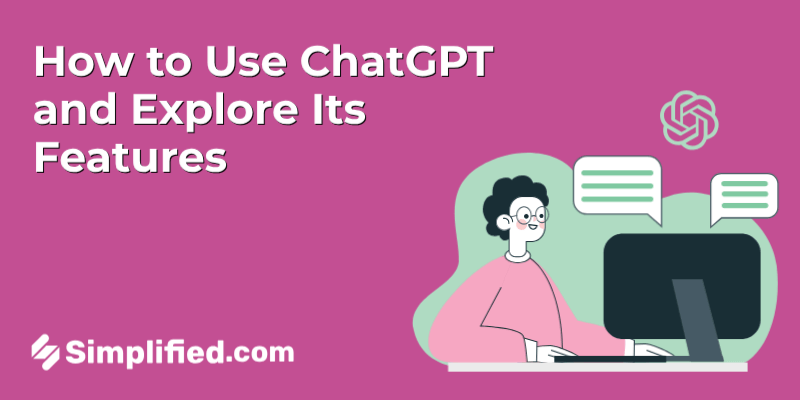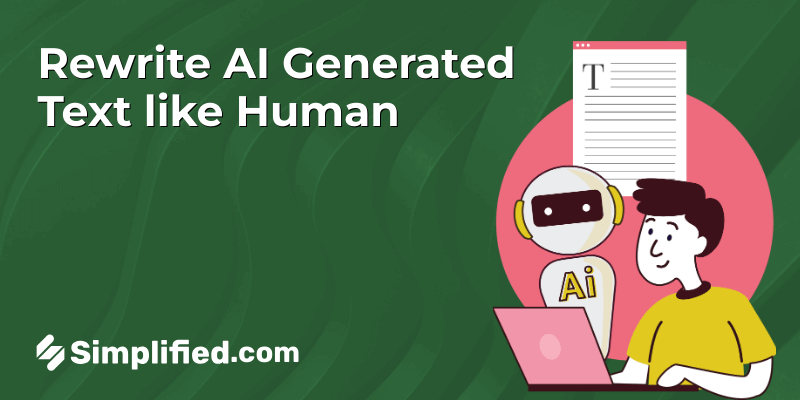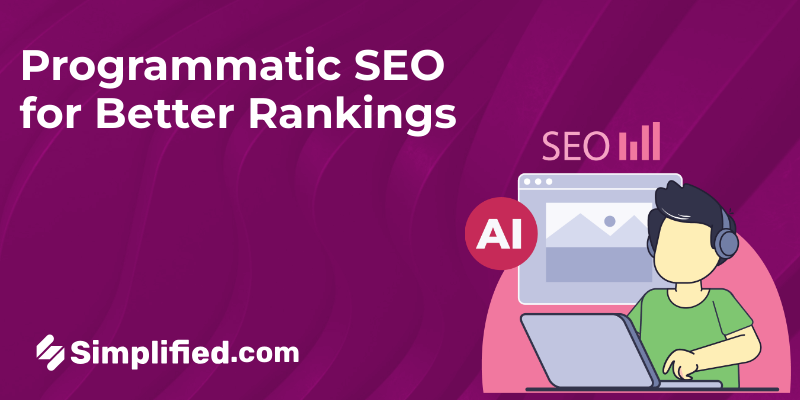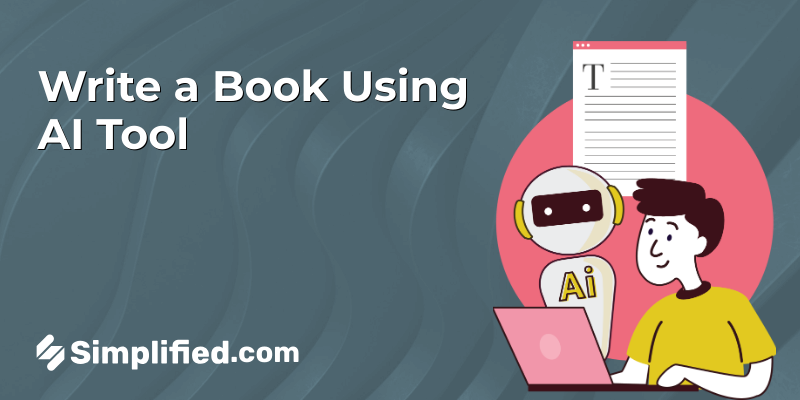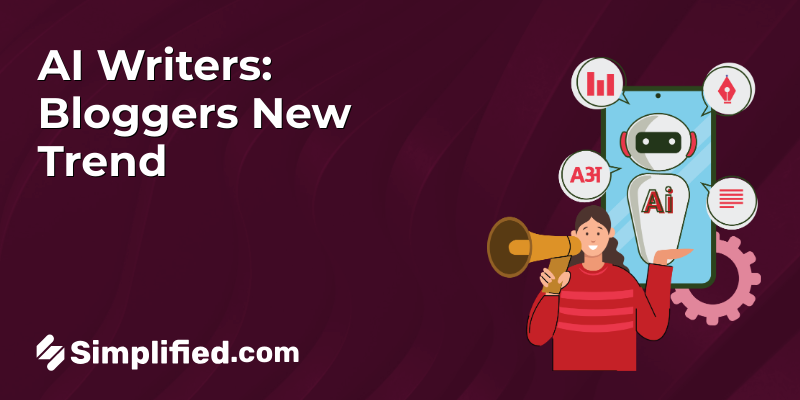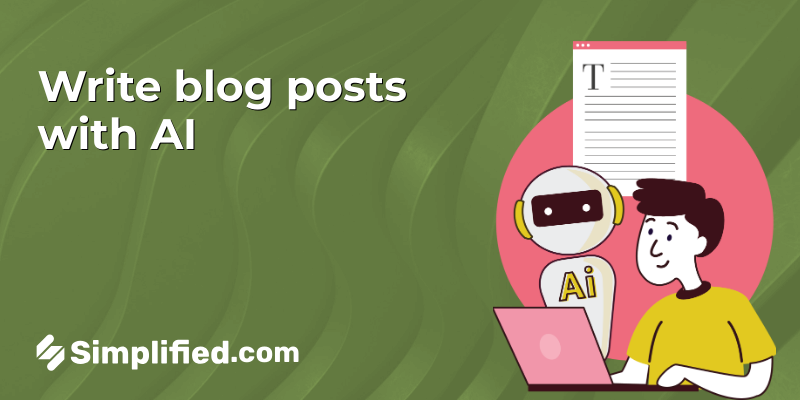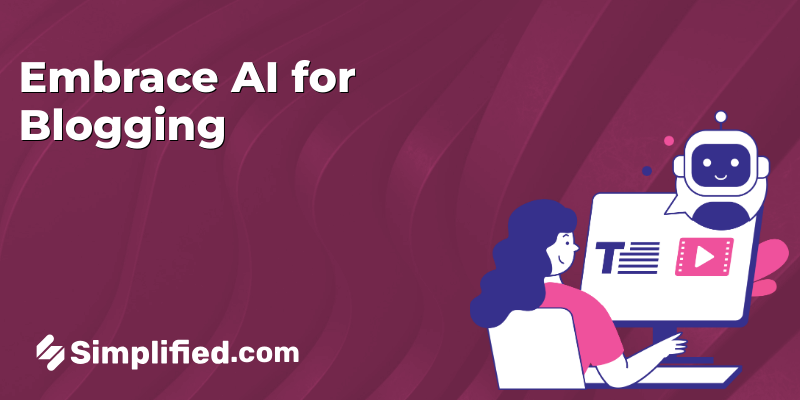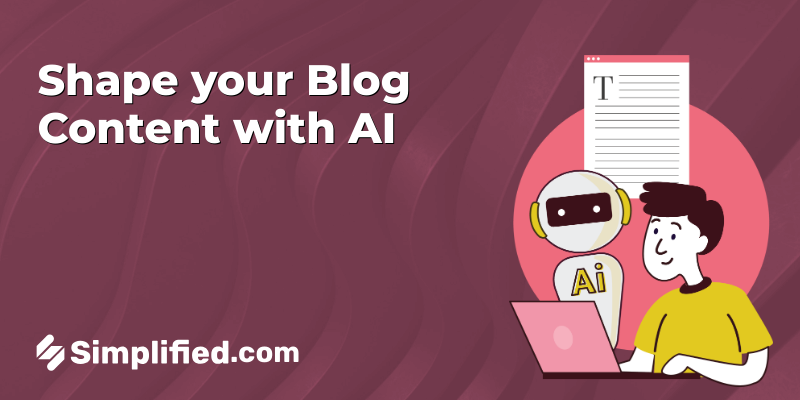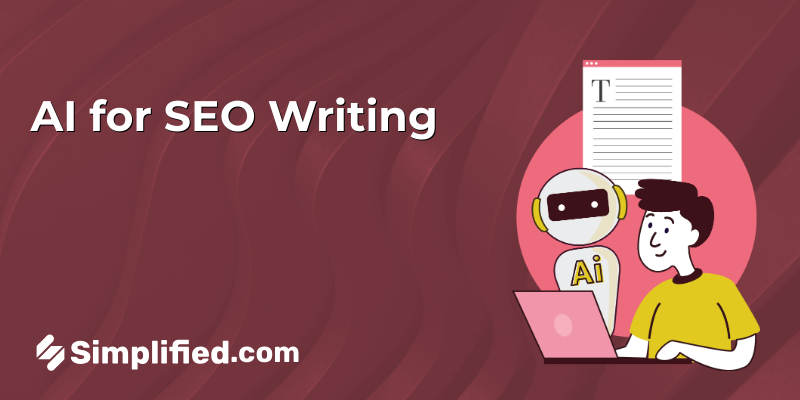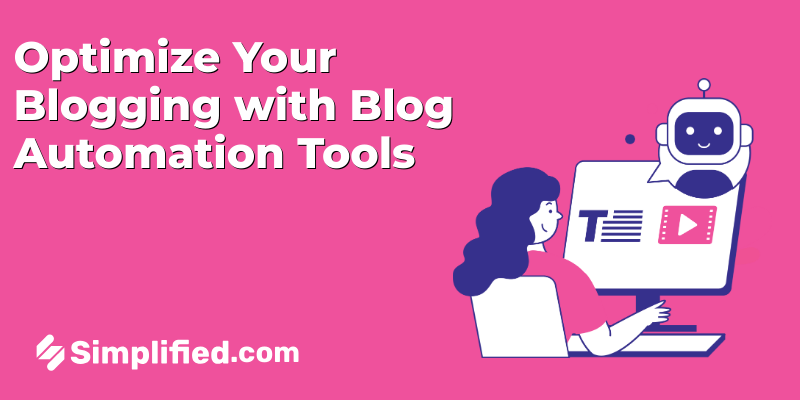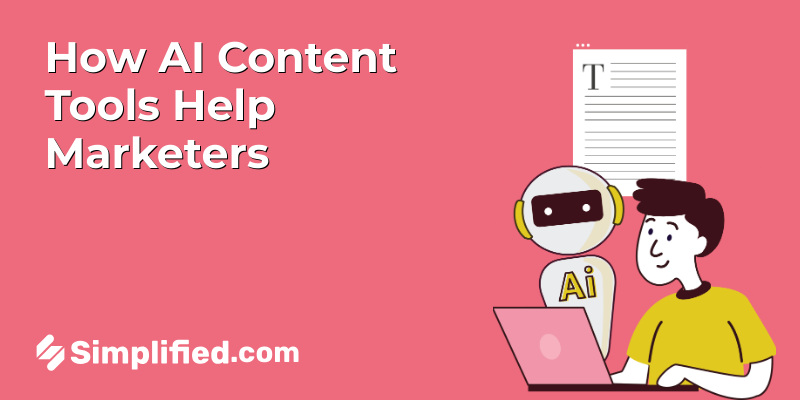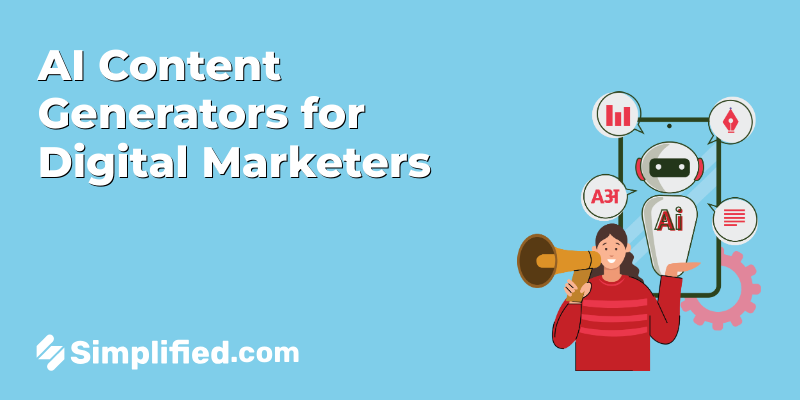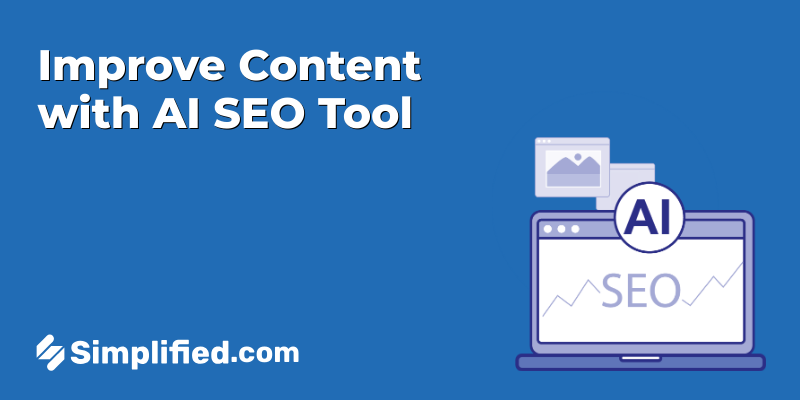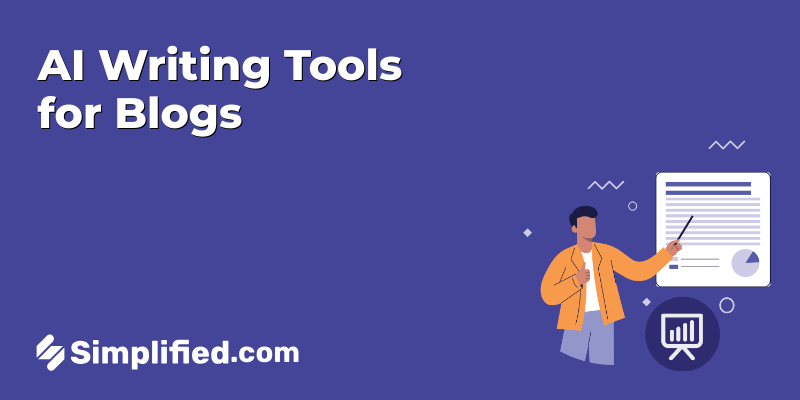
Imagine a world where one tool writes your emails, optimizes your headlines, and increases your sales by 25%. That world isn’t in the future—it’s here now. The evolution of Artificial Intelligence (AI) has transformed marketing, offering businesses cutting-edge tools that not only ease workloads but also improve revenue. AI writing tools are revolutionizing how companies engage with their customers and drive conversions. This blog delves into the actionable insights on how these tools work and how they can significantly impact conversion rates, giving businesses an undeniable edge.
The Role of AI Writing in Modern Marketing
Over the last decade, marketing has undergone dramatic changes. Traditional copywriting, while still essential, is no longer the only option for businesses seeking to create high-quality content. Enter AI-assisted writing—a combination of machine speed and human creativity. Today, AI writing tools are leading content creation by enabling businesses to produce data-backed, high-quality material at scale without requiring a large team of writers.
Fun Fact: AI text generators now produce over 30% of all online content, a percentage that continues to rise as more companies integrate AI into their marketing strategies. Moreover, AI content creation tools analyze past campaigns, consumer behavior, and industry trends to craft content that resonates with audiences. As a result, businesses can generate content that’s relevant and effective in driving conversions.
Why Conversion Rates Matter More Than Ever
In the competitive world of digital marketing, every detail counts. Conversion rates are a key metric that businesses must continuously monitor and optimize to stay ahead. A single percentage increase in conversion rates can translate to significant returns. For example, a 1% rise in conversion rates can have a dramatic effect on revenue, especially for e-commerce businesses.
Even modest increases—such as 2–3%—can translate into significant additional sales. Consider this: if an AI writing tool could help raise your conversion rate by just 2%, the effect on your bottom line could be transformative.
Consider this comparison: “AI writing is like a sales assistant that never sleeps.” While human sales assistants need rest, AI writing tools work around the clock, generating personalized content and optimized copy that drives conversions.
Bonus: How AI Writing Tools Can Enhance Your Blogging Process: A Comprehensive Guide
Unique Ways AI Writing Tools Drive Conversions
AI writers don’t just create content—they enhance every aspect of a marketing campaign. Here are some unique ways in which AI can help businesses increase their conversions:
a) Hyper-Personalized Content Creation
First and foremost, AI writing tools excel in crafting hyper-personalized content. By analyzing user behavior, location, preferences, and interactions, AI tools can create messaging that directly appeals to each customer.
For example, a fashion retailer might use the best AI content writer to send personalized product recommendations based on browsing history. This level of personalization can result in as much as a 40% increase in purchases.
b) Smarter Emotional Targeting
AI tools don’t just analyze words; they also assess tone and sentiment. This capability allows AI to craft emotionally engaging copy that resonates with readers on a deeper level.
Take, for instance, a fundraising campaign. An AI tool could write an emotionally compelling email that pulls at the heartstrings, doubling donation rates. By analyzing past successful campaigns and using emotion-driven copy, AI tools can help marketers create content that influences consumer behavior in a powerful way.
Bonus: AI Writing: How Small Agencies Can Use It Well
c) Multilingual Content Production
With companies expanding into global markets, AI’s ability to break down language barriers is invaluable. AI writing tools can generate content in multiple languages, allowing businesses to reach a broader audience and improve conversions in new regions.
For example, a travel company using AI to translate its marketing campaigns into 15 different languages might see a substantial increase in international bookings. By automating the translation process, AI helps companies scale their marketing efforts without the need for a large, multilingual team.
d) Automated Social Media Ads and Captions
AI is also making waves in social media marketing. Tools that automate ad copy and social media captions can significantly increase engagement rates. AI can generate persuasive, conversion-driven messages tailored to specific audiences, optimizing each post for maximum impact.
A fun experiment comparing AI-generated and human-written social media posts showed that AI could create viral content with higher engagement rates, proving that these tools are capable of producing results that rival human writers.
e) Predictive Analysis for Better CTAs
AI doesn’t just help create content—it also provides valuable insights into what works best. By analyzing thousands of campaigns, AI can predict which calls to action (CTAs) are most likely to generate conversions.
For example, a SaaS company using AI to suggest CTAs for their landing pages and emails saw a significant increase in demo sign-ups. By using data-driven insights, AI helps businesses craft CTAs that are more likely to lead to customer action.
Bonus: How AI Tools Shaping Modern Blogging And Content Automation
Real-World Results of AI Writing Tools and Automation
The results speak for themselves. Here are a few examples of how AI writing tools have driven conversions in real-world scenarios:
- E-commerce Case Study: An online store used AI to rewrite product descriptions, leading to a 30% increase in sales. The AI-generated descriptions were more engaging and optimized with relevant keywords, driving more traffic and improving conversion rates.
- B2B Example: AI-generated email campaigns for a B2B company increased webinar registrations by 50%. By automating email processes and optimizing the messaging, the company was able to reach a larger audience and drive more conversions.
- Startups: Many founders of small businesses share how AI writing tools have helped them scale with limited resources. By using AI to automate routine tasks like email writing, social media posts, and product descriptions, these businesses can focus on strategy and growth.
Tips to Get the Most Out of AI Writing Tools
To make the most of AI writing tools, it’s important to integrate them into your existing workflows. Here are a few tips:
Combine AI with Human Creativity
While AI is powerful, it’s not perfect. Human creativity and intuition can add the finishing touches that make content truly stand out. By editing AI-generated drafts, you can refine the tone, style, and messaging.
Experiment with Different Tools
Not all AI writers are the same. Test different tools to see which one works best for your brand and marketing goals. Compare their effectiveness in various content areas such as blog writing, ad copy, and email marketing.
Monitor and Optimize Continuously
AI writing tools are most effective when used in conjunction with ongoing monitoring and optimization. Use AI analytics to track the performance of your content and refine it over time. AI can help you identify patterns and trends, allowing you to continuously improve your campaigns.
Bonus: Why AI Writers Are Trending with Bloggers
Debunking Myths About AI Writing Tools
Despite their growing popularity, some myths about AI writing tools still persist. Let’s debunk a few:
- Myth 1: AI lacks creativity – While AI may not have human emotions, it’s capable of creating highly effective content by learning from data and trends. In fact, AI writing tools often outperform humans in creating optimized, conversion-driven copy.
- Myth 2: AI content isn’t unique – AI content isn’t unique. The best AI writing tools generate original, audience-specific material by drawing from vast datasets.
Fun Fact: Did you know that AI writing tools generated over 1 billion blog posts last year? That’s a testament to how widely adopted these tools have become in content marketing.
Bonus: AI Agents for Modern Businesses: Everything You Need to Know
How AI Writing Tools Are Reshaping Industries
By combining AI with automation, businesses are able to save time and create more impactful content. Here are some real-world examples showing how it’s working:
1. E-commerce: Increasing Sales with Better Product Descriptions
A global fashion retailer started using AI writing tools to rewrite thousands of product descriptions. By automating the process, they made their content more engaging, which led to a 25% increase in online sales over just six months.
2. SaaS: Improving Email Engagement
A SaaS platform used AI to craft personalized email content and automated the delivery process. The result? Their email open rates went from 18% to 32%, and they saw a 20% increase in conversions from free trials to paid subscriptions.
3. Real Estate: Speeding Up Listing Creation
Real estate agencies are now using AI to generate property listings automatically. One major agency saved 60% of the time they used to spend creating content, which allowed their agents to focus on closing deals. This led to a 15% increase in transactions.
4. Content Marketing: Creating Blogs Faster
A content marketing agency implemented AI to help write blogs faster, and automation tools made the process even more efficient. As a result, they produced 30% more content per month, which attracted 40% more traffic thanks to better keyword optimization.
5. Social Media: Getting Better Results from Ads
A DTC brand used AI and automation to quickly test and refine their social media ads. This allowed them to lower their cost per click (CPC) by 20% and increase conversion rates by 30% for targeted campaigns.
6. Healthcare: Reducing No-Shows with Personalized Reminders
Hospitals are using AI to send personalized reminders and instructions to patients. One healthcare network saw a 50% drop in no-shows by automating appointment reminders with AI-generated, personalized messages.
7. Education: Automating Course Summaries
An online education platform started using AI to write course summaries and promotional materials automatically. This made it easier for prospective students to understand the course content, leading to an 18% increase in sign-ups.
Bonus: 10 Best AI Content Generators: How it Works, Features and Pricing
The Future of AI Writing and Conversions
Looking ahead, the future of AI in writing and conversions is full of exciting possibilities. AI tools and automation tools will likely continue to evolve, incorporating features such as:
- Interactive Content: AI could generate dynamic, interactive content that engages users in real-time, enhancing user experience and participation.
- Voice-based Content: AI writing tools may soon be capable of generating voice-based content, offering a more immersive experience for users.
- Real-time Content Adaptation: Predictive AI, similar to the features of AI Writer platforms, will be able to adjust content in real-time based on audience behavior. This enables content to become even more tailored and engaging, keeping the audience interested for longer.
By staying ahead of these trends, businesses can gain a competitive edge, ensuring their marketing efforts are always at the forefront of innovation.
Conclusion
AI writing tools have proven to be an indispensable asset for businesses aiming to improve conversion rates. By enabling hyper-personalized content, smarter emotional targeting, and automated content creation, these tools offer significant advantages over traditional methods. With a growing number of industries seeing measurable results, it’s clear that AI writing tools are here to stay, and their impact on marketing strategies will only continue to grow.
If you’re not using AI writing tools yet, you’re leaving conversions on the table. Start exploring these tools today to test and experience the results firsthand!


